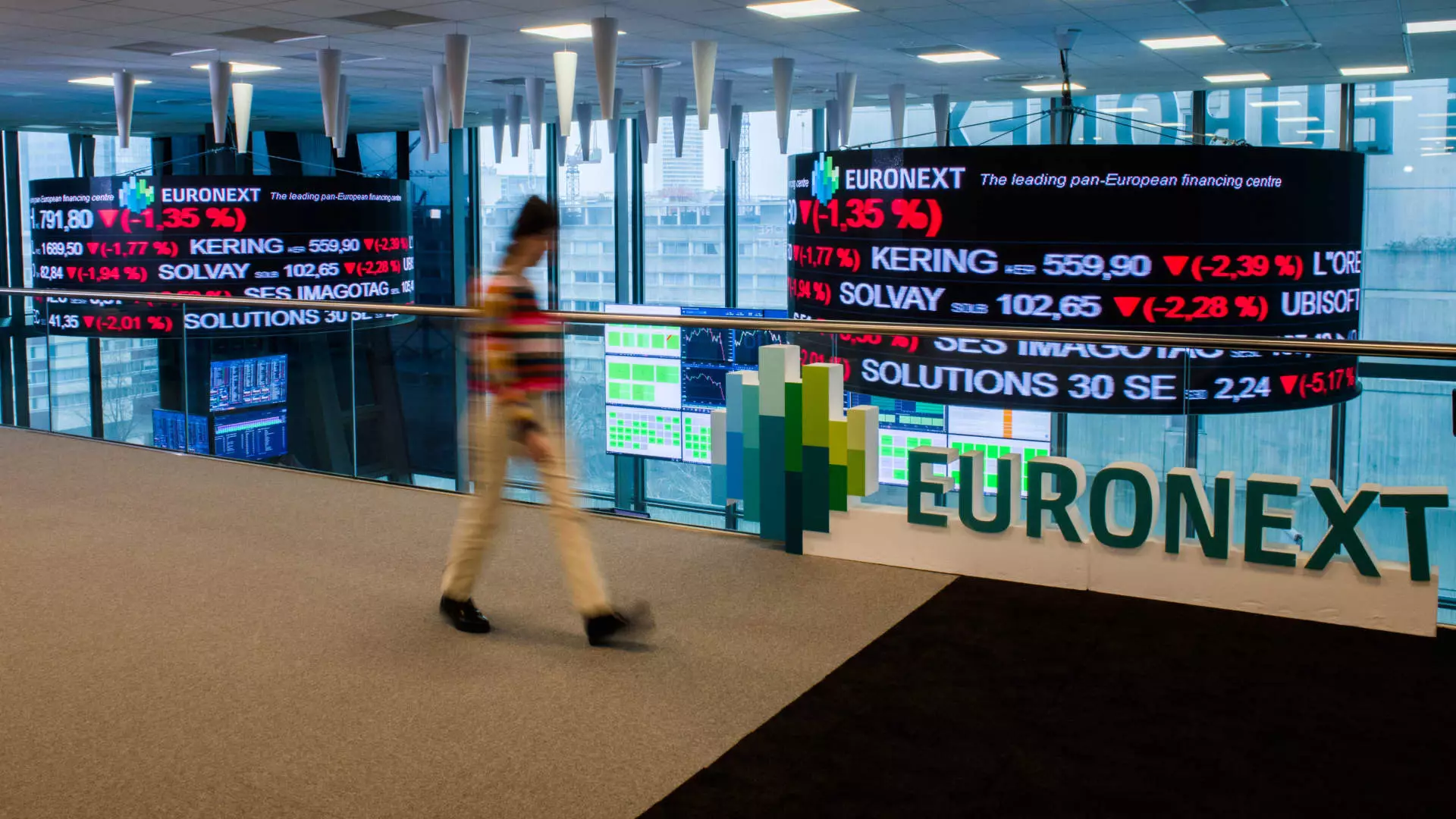In the wake of Donald Trump’s electoral victory, global stock markets faced a notable pullback, particularly for U.S.-listed funds that commonly track international equities. This response raises questions about the intersection of political change and investor sentiment, especially as the proposed economic policies of the new administration loom large. While the U.S. markets reached record highs, reflecting a somber irony, numerous exchange-traded funds (ETFs) devoted to South Korea, Hong Kong, Taiwan, and Chile experienced significant declines. This showcases a distinctive fracture between U.S. confidence and international apprehension.
A focal point of concern arises from Trump’s avowed intentions to impose tariffs, specifically suggesting a sweeping 20% charge on all imported goods, with a staggering 60% aimed at China. Such policies, while they resonate with certain voter bases, have ignited skepticism among investors regarding their potential ramifications on global trade. Yung-Yu Ma, chief investment officer at BMO Wealth Management, emphasized the vulnerability of international markets to these potential tariffs, signaling a cautious outlook in the absence of clear policy directions. This uncertainty creates a chilling effect on investments, limiting the upside for global stock portfolios.
Wednesday’s trading marks a stark contrast between the buoyant atmosphere in U.S. markets and the struggles faced internationally. As major American indexes, particularly the Dow Jones Industrial Average, surged — heading toward its most robust performance in nearly two years — European markets braced for turbulence as Trump’s victory crystallized. The iShares Core MSCI Europe ETF (IEUR) plummeting over 2% is a case in point of this dissonance. In the Asia-Pacific region, while Japan’s Nikkei 225 managed to defy the downward trend, the iShares MSCI China ETF (MCHI) showed a concerning decline of more than 2%.
Curiously, not every international fund suffered losses. The Global X MSCI Argentina ETF (ARGT) surged by more than 2%, buoyed by the recent election of libertarian Javier Milei, who draws curious parallels to Trump himself. This unexpected gain provides a glimpse into how unique national circumstances can diverge from the broader market trends, spotlighting the nuanced landscape of emerging markets where political dynamics might invigorate specific sectors.
The financial landscape is further reshaped by the strength of the U.S. dollar, which attained its highest level since July against a variety of international currencies. Adam Turnquist from LPL Financial underscores that the rally in the dollar coincides with rising inflation expectations post-election, shedding light on the interconnectedness of currency strength and stock performance. A stronger dollar tends to erode the value of international stocks, particularly in emerging markets that have historically underperformed compared to U.S. counterparts. Intriguingly, the iShares MSCI Emerging Markets ETF (EEM) also fell over 1% on the same day, reflecting the cumulative pressures facing these global economies.
The confluence of political change, tariff discussions, and currency fluctuations creates a complex backdrop for global equity markets. Investors must navigate these turbulent waters carefully, keeping an eye on the evolving political landscape and its far-reaching economic implications.

